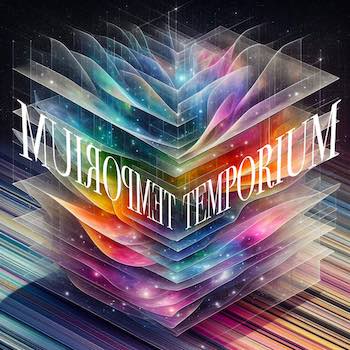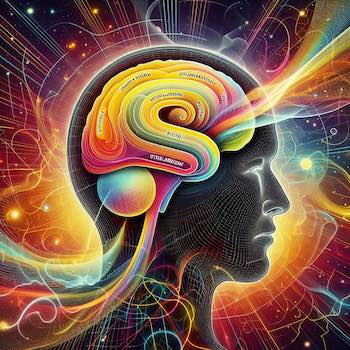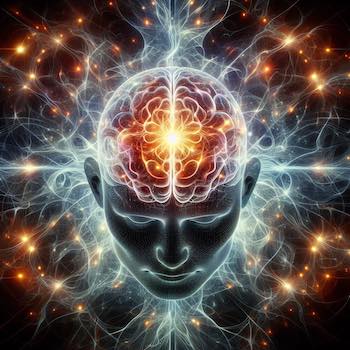Does a dog have any ideas?
The “third man” objection The philosopher Martin Legros observes his dog confidently recognizing his peers, even though they sometimes look very different, and wonders if he has any ideas. Thought is often schematized by making ideas —idein (ἰδεῖν) means “to see”— abstract, ideal and general forms, like the shape of a man or a tree, … Read more










